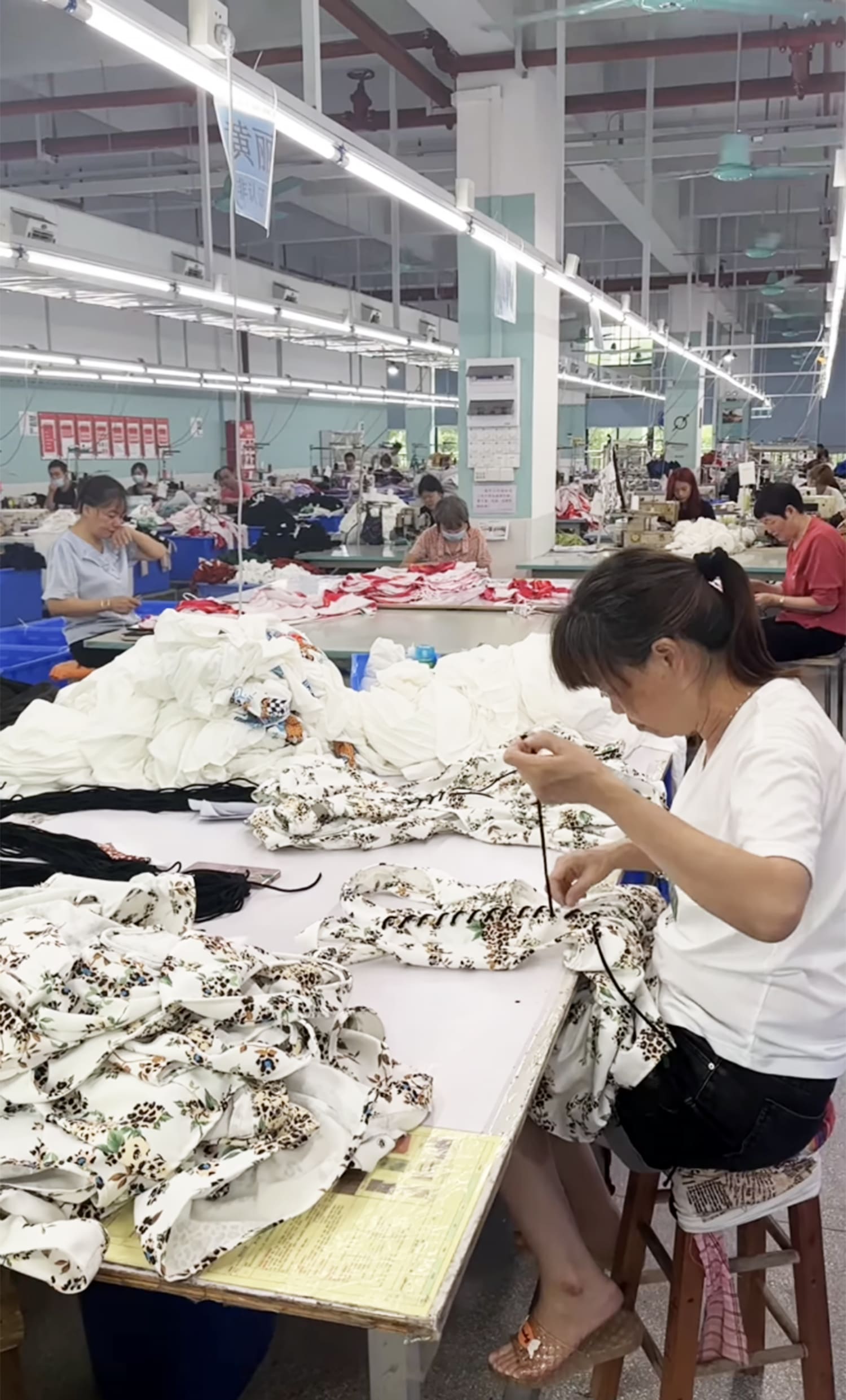The Dark Side of Fast Fashion: Shein, Influencers, and the Urgent Need for Change
The Rise and Fall of Shein: A Wake-Up Call for Fast Fashion Consumers
Shein, the Chinese online retailer valued at $100 billion in 2022, has long been a favorite among fashion influencers and social media users. However, the company is now facing a wave of criticism over a controversial PR junket that has sparked outrage and shed light on the dark side of the fast fashion industry.
The backlash against Shein has brought to the forefront the systemic issues that plague the fast fashion industry and the influencer economy. Critics have pointed out the company’s alleged human rights violations, complaints about shoddy clothing materials, and the environmental impact of its production practices.
According to a report from Oxfam, the U.K. textile industry alone produces more greenhouse gas emissions than the shipping and aviation industries combined. Globally, the fast fashion industry is a major contributor to pollution and climate change, with most products being neither ethical nor sustainable.
Shein, in particular, has been accused of pushing its workers to the limit with long hours and unsafe working conditions. The company has denied allegations of forced labor but admitted to failing to safeguard the welfare of workers in its supply chain.
The fast fashion model, characterized by its rapid production and low prices, has led to a culture of overconsumption and waste. American shoppers now buy five times more clothing than they did in 1980, leading to billions of dollars worth of clothes ending up in landfills or polluting countries like Ghana.
While companies like Shein bear responsibility for their actions, consumers and influencers also play a role in perpetuating the harmful practices of the fast fashion industry. Influencers, in particular, have a significant impact on consumer behavior and must be aware of the consequences of promoting unsustainable brands.
The Shein controversy serves as a wake-up call for consumers to reconsider their shopping habits and demand more transparency and accountability from the fashion industry. It’s time to move away from the fast fashion model and towards a more sustainable and ethical approach to consumerism.
As author Aja Barber aptly puts it, “Fast fashion feels fun and easy now, but it cannot be the future of consumerism.” It’s time for all of us to take a stand against the exploitative practices of the fashion industry and work towards a more sustainable and ethical future.
